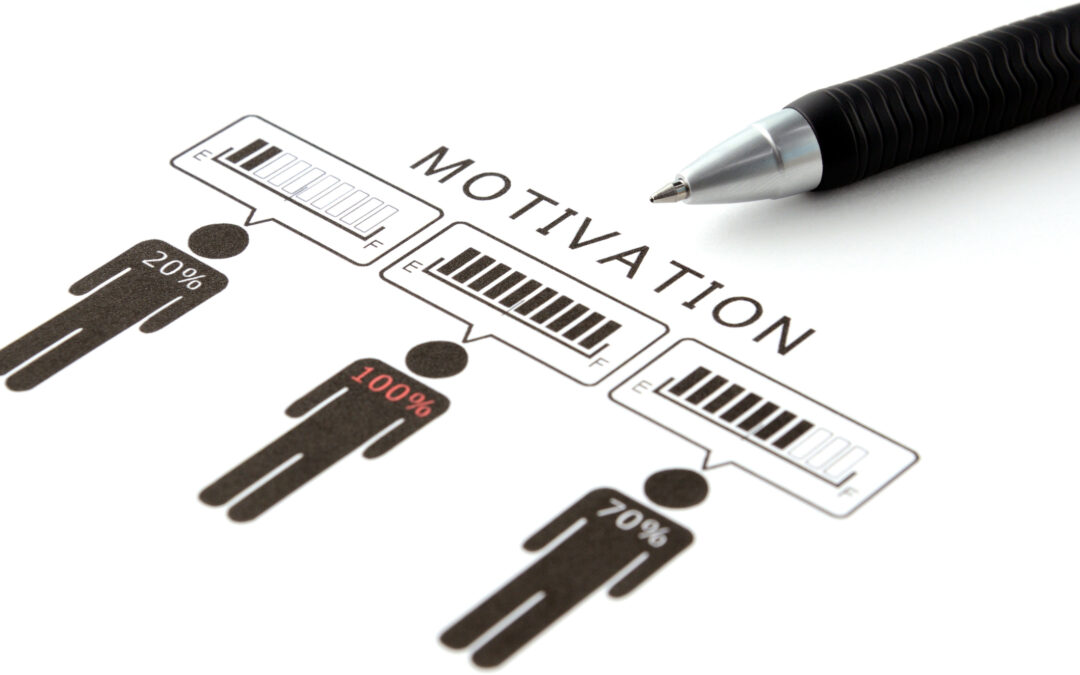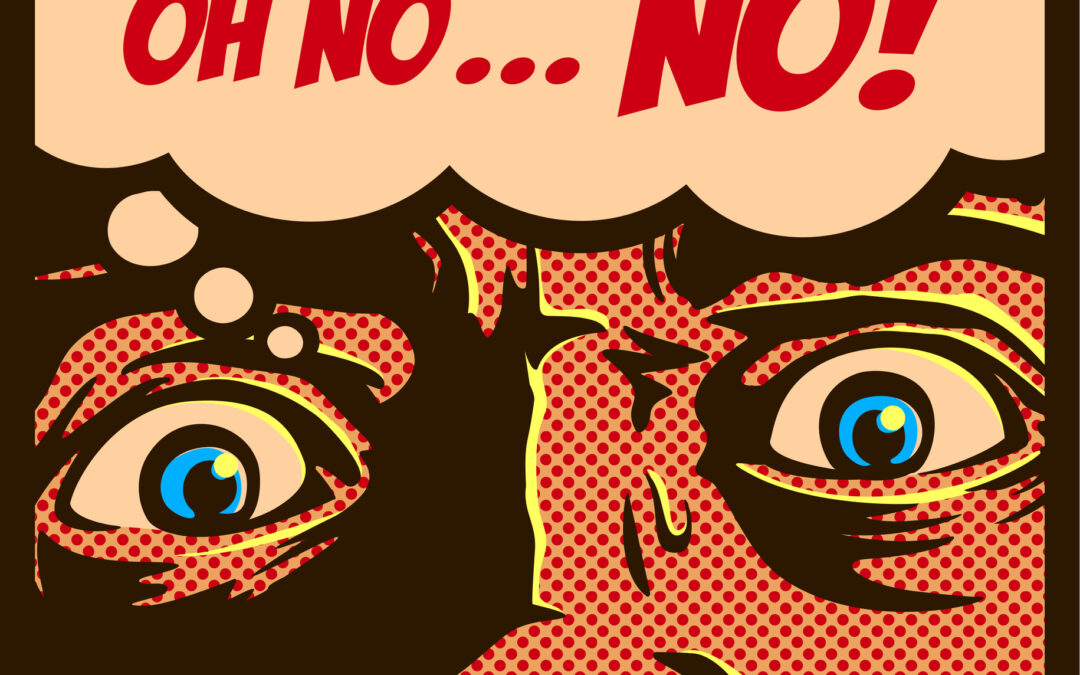You may have heard the term Motivational Interviewing (MI) making its way in mental health popular language. Motivational Interviewing is an evidence based approach developed in the 1980s by William R. Miller and Stephen Rollnick. Miller was attending substance use...

There is Help to Address that “Stuck” Feeling: An Introduction to Motivational Interviewing

The Origins and Principles of Motivational Interviewing
You may have heard the term Motivational Interviewing (MI) making its way in mental health popular language. Motivational Interviewing is an evidence based approach developed in the 1980s by William R. Miller and Stephen Rollnick. Miller was attending substance use disorder workshops when he began to notice confrontational encounters between clients and their therapists. He and Rollnick began to observe patterns of denial and defensive behavior which often interfered with client’s progress. An understanding developed that change is difficult when a person is not self-motivated. Relatable? If we have messaging that we know something is good but we do not feel moved to act of course we focus on something else or stay put. Motivational Interviewing was developed to be a safe non judgmental approach for all kinds of goals and desires to change behaviors, whether it be better sleep hygiene, exercising more, to quitting smoking. It is an approach that supports autonomy and discovering our own sense of empowerment.
Key Concepts of Motivational Interviewing
Collaboration and Partnership
Evocation of Personal Values
Reflective Listening
Goal-Oriented Planning
Identifying Change Talk
Building Client Confidence
Highlighting Inconsistencies
Empathy and Understanding
Client-Centered Approach
Non-Judgmental Communication
Enhancing Self-Motivation
Supporting Autonomy
Therapeutic Relationship Building
Adaptability Across Contexts
Integration with Other Therapies
What to Expect in a Motivational Interviewing Session
Collaborative and Supportive Environment
Motivational Interviewing sessions are collaborative, meaning that once rapport (a sense of trust is established between therapist and client) client shares thoughts and ideas about how they want to make change and develop plans to achieve goals that are manageable to them based on their discussed values and beliefs. Therapists engage in empathy, active listening/reflecting back to client key points, and open minded questions in order to gain insight as to how to best support their client.
Common Questions About Motivational Interviewing
Motivational Interviewing is a client-centered approach that facilitates change by helping individuals explore and resolve ambivalence. Here are some frequently asked questions to help you understand this method better.
What are the benefits of Motivational Interviewing?
Motivational interviewing is…
Client-centered, considering the client’s context and background while maintaining nonjudgment and positive regard.
- Focused on building confidence, self-advocacy, and intrinsic motivation.
- Effective in enhancing the therapeutic relationship by fostering nonjudgmental communication.
- Applicable in individual and family sessions with both teens and adults.
- Oriented toward promoting success in achieving goals and creating meaningful change.
- Compassionate in exploring and addressing setbacks during the change process.
- Compatible with other approaches, such as TTM (Stages of Change), CBT, Solution-Focused Therapy, DBT, ACT, and mindfulness.
Can Motivational Interviewing be used for all types of issues?
While Motivational Interviewing is versatile and can be applied to many behavioral changes, it may not be suitable for all situations, particularly those involving trauma or when individuals feel pressured to change. It’s important to discuss with a therapist if this approach aligns with your needs.
What makes Motivational Interviewing different from other therapies?
Motivational Interviewing is distinct in its focus on collaboration and evocation. Unlike directive therapies, it emphasizes the client’s autonomy and intrinsic motivation, allowing clients to lead the conversation about their goals and desired changes.
Is Motivational Interviewing suitable for teenagers?
Yes, Motivational Interviewing can be effective for teenagers, as it respects their autonomy and encourages self-reflection. It helps them articulate their values and goals, fostering a sense of ownership over their personal growth.
How long does it take to see results with Motivational Interviewing?
The timeline for seeing results with Motivational Interviewing varies depending on individual circumstances and goals. Some clients may notice changes after a few sessions, while others may require a longer engagement to achieve their desired outcomes.
Can Motivational Interviewing be combined with other therapies?
Motivational Interviewing can complement other therapeutic approaches, such as Cognitive Behavioral Therapy (CBT) or Dialectical Behavior Therapy (DBT). It enhances these methods by fostering motivation and readiness for change.
What should I do if Motivational Interviewing isn't working for me?
If you feel that Motivational Interviewing isn’t meeting your needs, it’s important to communicate with your therapist. They can help assess the situation and explore alternative approaches that might be more beneficial for your therapeutic journey.
How does Motivational Interviewing handle setbacks?
Motivational Interviewing views setbacks as opportunities for learning and growth. It encourages clients to explore the reasons behind setbacks without judgment, helping them develop strategies to overcome obstacles and continue progressing towards their goals.
Is Motivational Interviewing a long-term therapy?
Motivational Interviewing is often used as a short-term intervention, focusing on specific goals and changes. However, it can be integrated into longer-term therapy plans if ongoing support and motivation are needed.
Ready to Explore Motivational Interviewing?
If you’re interested in learning more about how Motivational Interviewing can support your journey towards change, we invite you to reach out. Our team is here to provide more information and help you schedule a session tailored to your needs. Take the first step towards a more empowered future today.















